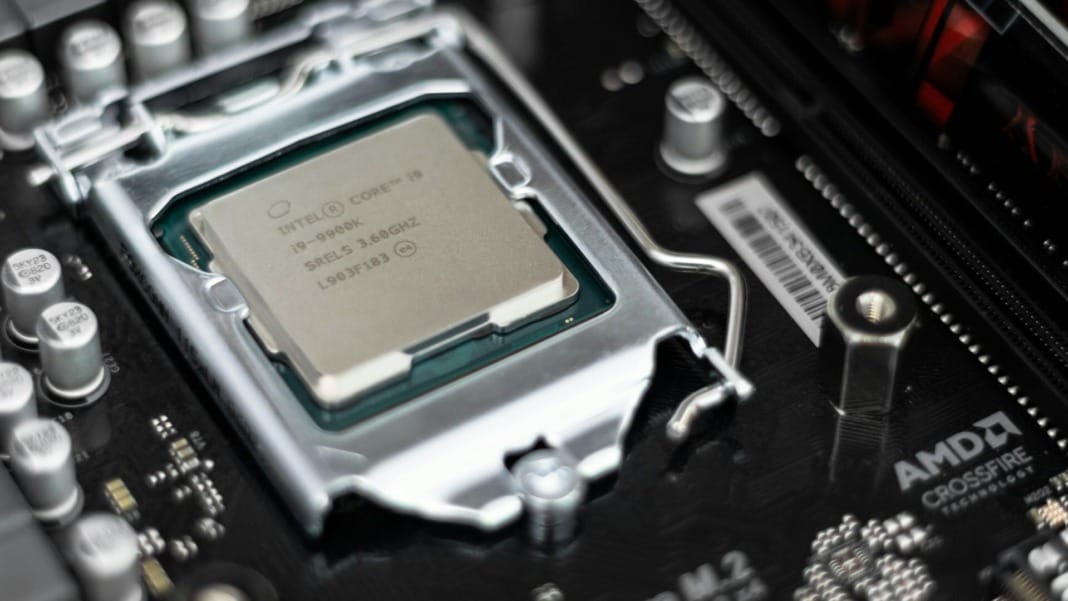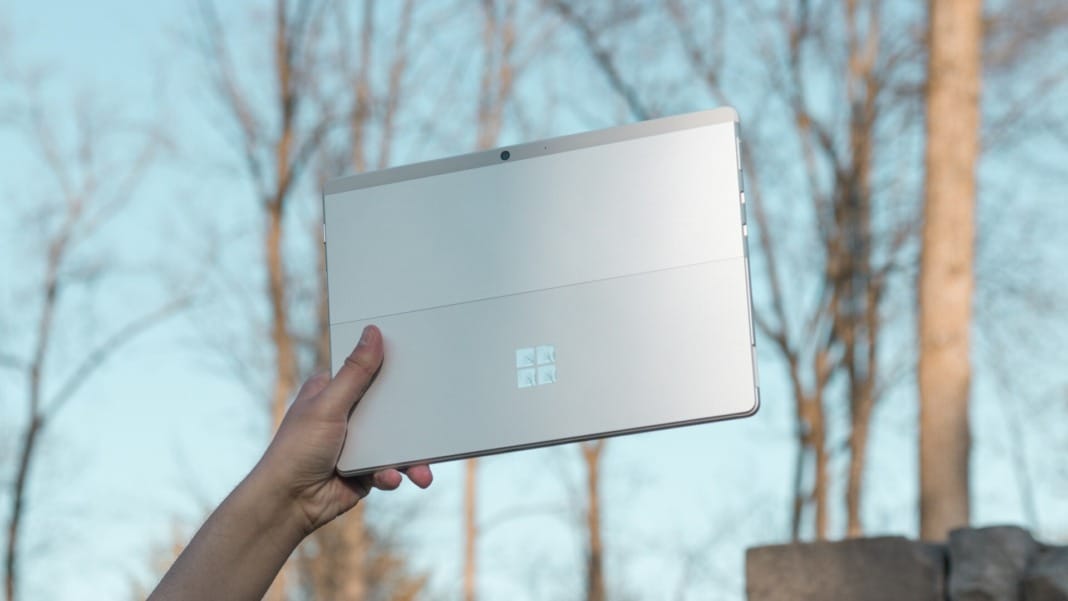Intel’s journey into artificial intelligence (AI) takes a significant step forward with the launch of its Core Ultra processors and subsequent devices, marking a new era for software and hardware innovation. To widen its influence and adoption among the software community, Intel has introduced an AI PC Acceleration Programme tailored explicitly for independent software vendors (ISVs) and hardware vendors (IHVs).
A closer look at the AI PC Acceleration Programme
This pioneering programme is designed to grant access to a suite of resources, including tools, workflows, AI deployment frameworks, and developer kits equipped with the latest Intel hardware powered by the Core Ultra processor. In collaboration with Microsoft, Intel has also played a pivotal role in crafting a comprehensive definition of an AI PC. This definition outlines a system that incorporates a Neural Processing Unit (NPU), CPU, and GPU, integrated support for Microsoft’s Copilot, and a physical Copilot key positioned directly on the keyboard.
Intel’s motivation behind these initiatives is clear. While the company has successfully garnered support from device manufacturers, resulting in the rollout of new devices featuring the advanced processor and Copilot key, the pace of software adoption has lagged. Accelerating this software support is crucial for Intel’s ambitious goal of embedding AI capabilities in over 100 million Intel-based AI PCs by 2025.
Benefits for independent software vendors
Intel’s offerings to ISVs are beautiful. They provide access to toolkits specifically designed for AI developers and the opportunity to utilise Intel Core Ultra processor-enabled device designs from a dozen global original equipment manufacturers. Additionally, ISVs gain access to an expansive range of 300 AI-accelerated features, further enhancing the capabilities and functionalities of AI applications.
One of the AI PC Development Kit highlights is the Asus NUC 14 Pro, which comes equipped with a Core Ultra processor and can support up to 96GB of memory. These machines are shipped with a pre-installed software stack, drivers, programming tools, and compilers, ensuring developers have everything they need to create innovative AI solutions.
The road ahead
Intel’s strategic move to bolster software development in the AI space signifies a pivotal shift in the technology landscape. By empowering developers with the tools and resources needed to harness AI’s full potential, Intel is not only advancing its own technological frontiers but also shaping the future of how we interact with and benefit from AI technologies.
As the programme unfolds and more developers engage with Intel’s offerings, the potential for groundbreaking innovations in AI is immense. Whether it’s enhancing productivity, streamlining processes, or creating entirely new user experiences, the contributions of ISVs and IHVs will be instrumental in realising Intel’s vision for an AI-driven future.





